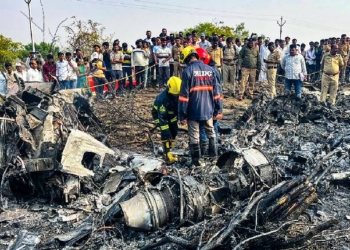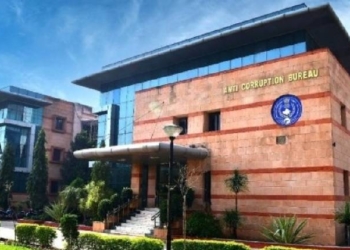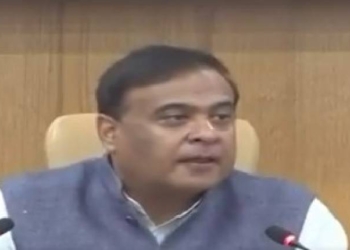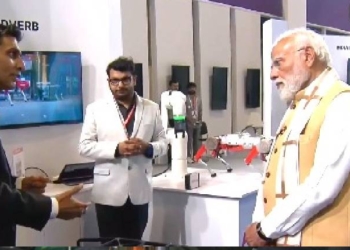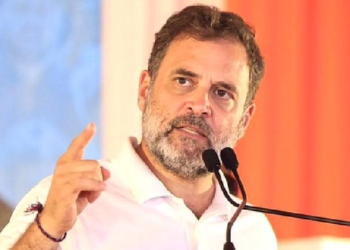New Delhi: Passing an interim order in Akasa Air’s application, the Delhi High Court on Wednesday said that it cannot direct the DGCA and Union Ministry of Civil Aviation to take action against future resignation by pilots without serving the notice period since it has to first decide the issue of jurisdiction.
This came on a plea moved by the budget airline, seeking action against over 40 pilots who abandoned their duties and left without serving their mandatory contractual notice period.
However, on Monday, aviation watchdog Directorate General of Civil Aviation (DGCA), had informed the high court that it lacks the authority to intervene in the employment agreements between pilots and airlines.
On Wednesday, presiding over the case, Justice Manmeet Pritam Singh Arora said that since DGCA had stated it can’t interfere in employment contracts or decisions between airline operators and pilots, the court will first have to decide the issue of “jurisdiction” before passing any other direction.
Justice Arora, however, clarified that in case a pilot acts in breach of the minimum contractual notice period as specified in his/her employment agreement during the pendency of this petition, then such an action will be at the pilot’s own risk and will remain subject to the outcome of the present petition.
The judge then disposed of the application.
The court also impleaded the Indian Pilots Guild and Federation of Indian Pilots as party respondents to the petition.
Mass resignation of pilots had allegedly forced a disruption of flights between July and September, necessitating last minute cancellations that stranded customers and caused inconvenience to the travelling public.
The DGCA, on Monday, had said that it can’t interfere in employment contracts or decisions between airline operators and pilots and urged the court to dismiss the airline’s petition with costs.
The regulator had also apprised the court that it noted that it had not received documents or reasons from Akasa Air regarding 600 flight cancellations due to pilot resignations and clarified that cancellations are typically attributed to operational, technical, commercial, or weather-related issues.
The DGCA had added that it ensures passenger protection during significant disruptions, including pilot resignations.
The Indian Pilots Guild and Federation of Indian Pilots had opposed the airline’s petition, accusing it of engaging in forum shopping and disputing the claim that 600 flight cancellations in August were solely due to pilot resignations. They argued that the DGCA has no standing to dictate contract terms between private parties.
The DGCA had reiterated that notice periods are determined by employment agreements and fall outside its purview, emphasising that parties are free to establish notice periods based on mutual understanding.
The airline, which operated its first commercial flight on August 7 last year, has been India’s most on-time airline with the lowest cancellation rates for the first 11 months of its operations.
Akasa Air had told the high court that it faces the necessity of cancelling a substantial number of flights, approximately 600-700, during the month of September. This predicament arises from the sudden resignation of 43 pilots who did not adhere to the stipulated notice period.
Despite being only 13 months old, the airline has opted for legal action against the departing pilots and is also pursuing compensation of around Rs 22 crore to account for the loss of revenue caused by grounded aircraft and flight cancellations.
(IANS)




